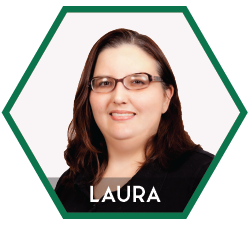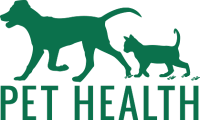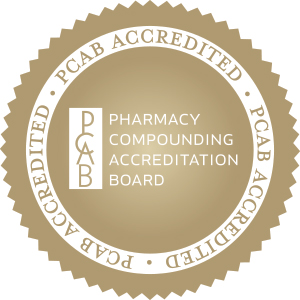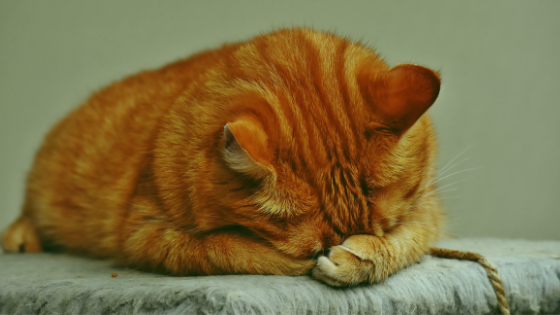One-on-One with Laura Risley, PharmD
 For their Fall 2020 edition of Pharmbuzz, Midwestern University – College of Pharmacy ran an interview with one of Pet Health’s staff. Laura Risley, PharmD, responded to questions from Tai Huynh about the challenges and rewards of working at a veterinary compounding pharmacy. Here is some of what they discussed:
For their Fall 2020 edition of Pharmbuzz, Midwestern University – College of Pharmacy ran an interview with one of Pet Health’s staff. Laura Risley, PharmD, responded to questions from Tai Huynh about the challenges and rewards of working at a veterinary compounding pharmacy. Here is some of what they discussed:
What is Pet Health?
Pet Health, a division of Women’s International Pharmacy, Inc., is a veterinary compounding pharmacy located in Youngtown, Arizona. We create compounds for a variety of pet patients in a wide array of dosage forms (such as capsules, liquids, transdermals, and topical preparations). We fill and ship orders to patients throughout the United States; alternatively, local owners may pick up their medications.
What sort of values and standards set Pet Health apart?
We pride ourselves on our excellent customer service and strive to fill prescriptions as efficiently as possible without sacrificing quality. Along with Women’s International Pharmacy, Pet Health is accredited with the Pharmacy Compounding Accreditation Board (PCAB), a third-party organization that has developed the highest national standards of compounding quality.
What aspects drew you to compounding veterinary pharmacy?
I have always had a passion for animals; compounding veterinary medications is the perfect marriage between science and helping our animal friends. It feels great to be able to help make life a little easier for owners and their pets–it makes a life-saving difference in some cases. I also enjoy the challenges of being a veterinary pharmacist; there are many factors to consider when dealing with animals.
What does a typical work week look like for a veterinary pharmacist at Pet Health?
We have multiple roles each day, including:
- On phones, we take prescriptions or answer questions from veterinary clinics. We also counsel owners regarding their pets’ medications.
- We review the prescriptions for accuracy and clinical appropriateness after they’re entered into our database. If questions arise, we contact the veterinary clinic for clarification.
- We check orders that are filled for accuracy.
- We also work in the lab to supervise the compounding process, maintain quality control, and check all orders for accuracy before, during, and after compounding.
Does Pet Health focus mainly on smaller or larger animals?
Most of our patients are small animals, but we certainly have our fair share of larger pets, like horses. We also have unusual patients including exotic and zoo animals!
Is there a difference in medications or treatment for different species or sizes?
Each animal species comes with its own needs. For example, the digestive tract of a dog is very different from the digestive tract of a horse. Most doses are based on weight – but the dose per kilogram depends on how that drug interacts with that species’ body.
What is the most challenging part of working at a compounding veterinary pharmacy?
The most difficult part, in my opinion, is trying to manage compounding time versus owners’ expectations. Custom-compounding can take some time because we are often not able to just pull medication off a shelf.
What are some things you have learned in your experience as a veterinary pharmacist?
Unforeseen drug interactions or side effects in a pet patient; just as with human medications, drugs may have interactions. Another example is that sometimes medications can have more than one use.
There are special considerations when treating veterinary patients. Many human pharmacies also fill prescriptions for animal patients. Animal dosages may be drastically different than human dosages for the same medication.
There’s always something new to learn!
- Huynh T. Pharmacist Spotlight. Pharmbuzz. MWU CPG Newsletter Fall 2020.
Reviewed by Laura Strommen
© Pet Health




